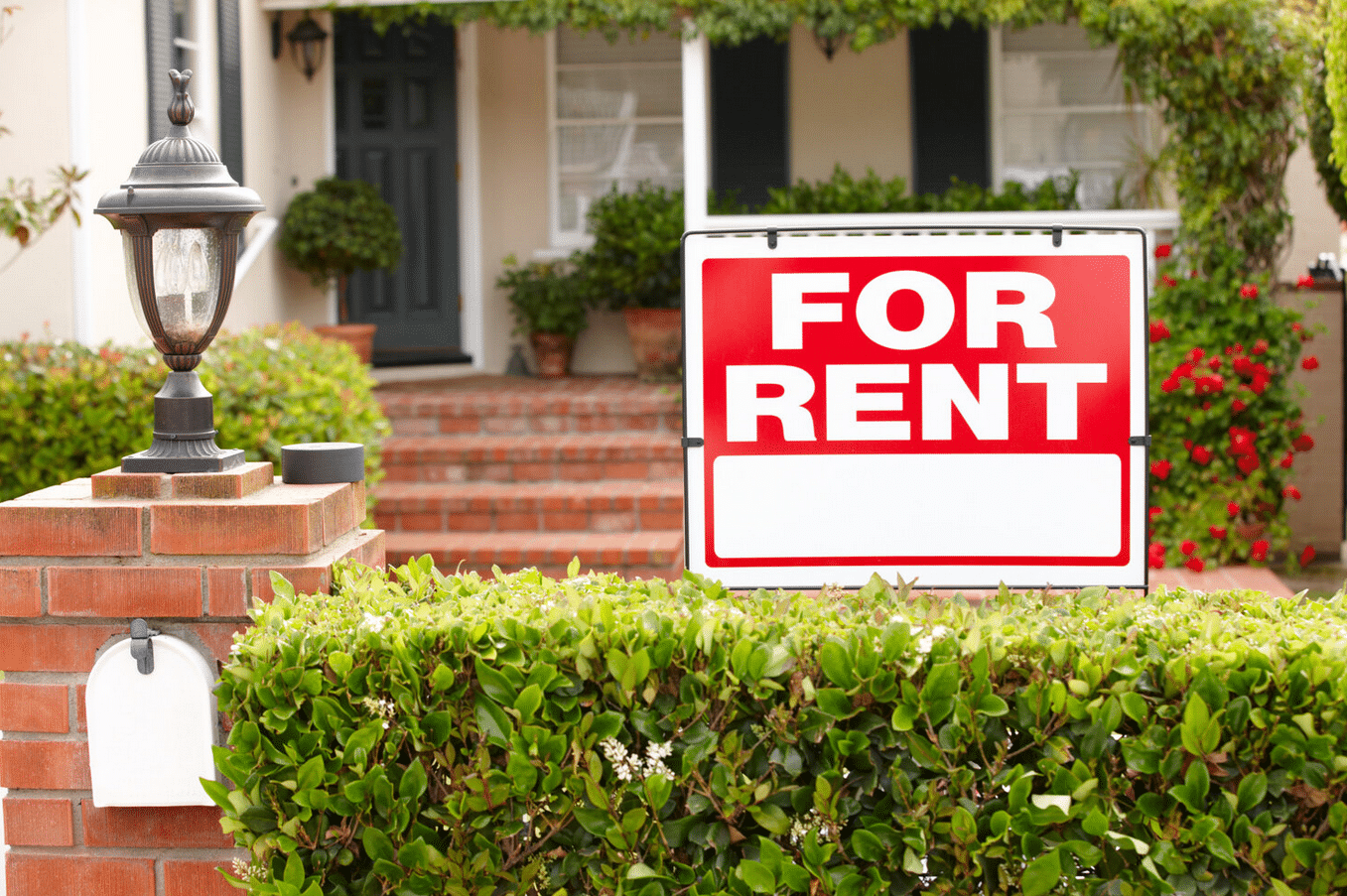Smart Financial Planning for Affordable Renting in the U.S.
Anúncios
Securing a rental home in the United States can feel overwhelming, especially if you’re working within a tight budget. But with thoughtful planning and the right knowledge, you can find a space that meets your financial needs and supports a comfortable lifestyle.

Renting in U.S. (Photo: Reproduction/Internet)
Whether you’re moving out for the first time, relocating for work, or simply looking to cut back on monthly expenses, learning how to manage housing costs strategically can make all the difference. In this guide, we’ll show you how to make informed rental decisions that help protect your financial well-being—not just for now, but for the long term.
Anúncios
Let’s dive into the steps and strategies that will guide you toward affordable and sustainable renting.
📌 Step One: Define a Realistic Housing Budget
Before browsing rental sites or scheduling tours, take a clear look at your income and recurring expenses. The standard rule is that your rent should not exceed 30% of your gross monthly income, but depending on your lifestyle and location, that number can vary.
Think in Totals, Not Just Rent:
Anúncios
- Electricity, gas, and water
- Internet and cable packages
- Renters insurance
- Laundry costs (in-unit or shared)
- Transportation (gas, public transit, or parking fees)
- Garbage collection or HOA fees
Calculate with Cushion: Always leave room in your budget for the unexpected: medical bills, car repairs, or job changes. Having a small emergency fund (at least one month’s rent set aside) ensures stability even during hiccups.
💡 Explore Your Rental Options Strategically
Don’t just look at what’s cheapest—look at what’s best value. An apartment that costs a little more but includes utilities or offers a longer lease with a discount might be a smarter choice than a cheaper unit with hidden costs.
Ask the Right Questions:
- Are any utilities included in the rent?
- Is there a move-in incentive or waived deposit?
- Can the rent be discounted for a longer lease term?
- Are there maintenance or amenity fees?
Consider Co-Living or Shared Housing: Co-living arrangements—especially in urban areas—allow you to split rent, utilities, and even groceries, making life in a major city much more manageable.
Look Beyond the Obvious Neighborhoods: Just a few blocks or one suburb over, you may find similar amenities and safety at a fraction of the cost.
Smart Places to Look:
- Secondary cities or growing towns
- Outskirts of metro areas
- Student-friendly zones
- Transit-accessible neighborhoods
✅ Establish Financial Habits That Protect Your Budget
Stick to a Housing Budget: Write out all your recurring housing costs and use budgeting apps or spreadsheets to stay organized.
Reduce Utility Use:
- Use energy-efficient LED bulbs
- Turn off appliances when not in use
- Set thermostats to eco-friendly temperatures
- Limit long showers or install low-flow heads
Build an Emergency Fund: Aim to save at least three months’ worth of housing expenses.
Understand What You’re Signing:
- Lease length and renewal terms
- Late payment penalties
- Maintenance responsibilities
- Security deposit and refund rules
- Rules for guests, pets, and subletting
- Notice period for moving out
Don’t Be Afraid to Negotiate:
- Lower rent or reduced deposit
- Flexible move-in dates
- Waived pet or admin fees
- Free amenities included
Keep Records: Save receipts, lease documents, and communication with landlords to avoid future conflicts.
🏁 Final Thoughts
Affordable renting in the U.S. is possible. By understanding your financial capacity, researching thoroughly, and staying organized, you can find a place that aligns with your goals without stretching your budget too thin.
Don’t rush—take your time to find the rental that truly fits your life.
❓ FAQ: Renting on a Budget
- How much rent is too much? Try to stay under 30% of your gross monthly income.
- Can I rent without a full-time job? Yes, but you may need a co-signer or larger deposit.
- Should I live with roommates? Absolutely—it reduces rent and utility costs significantly.
- Is it safe to rent in less popular areas? Research crime stats and read local reviews before committing.
- Can I break my lease if I lose income? Check your lease terms or speak to your landlord about emergency clauses.





